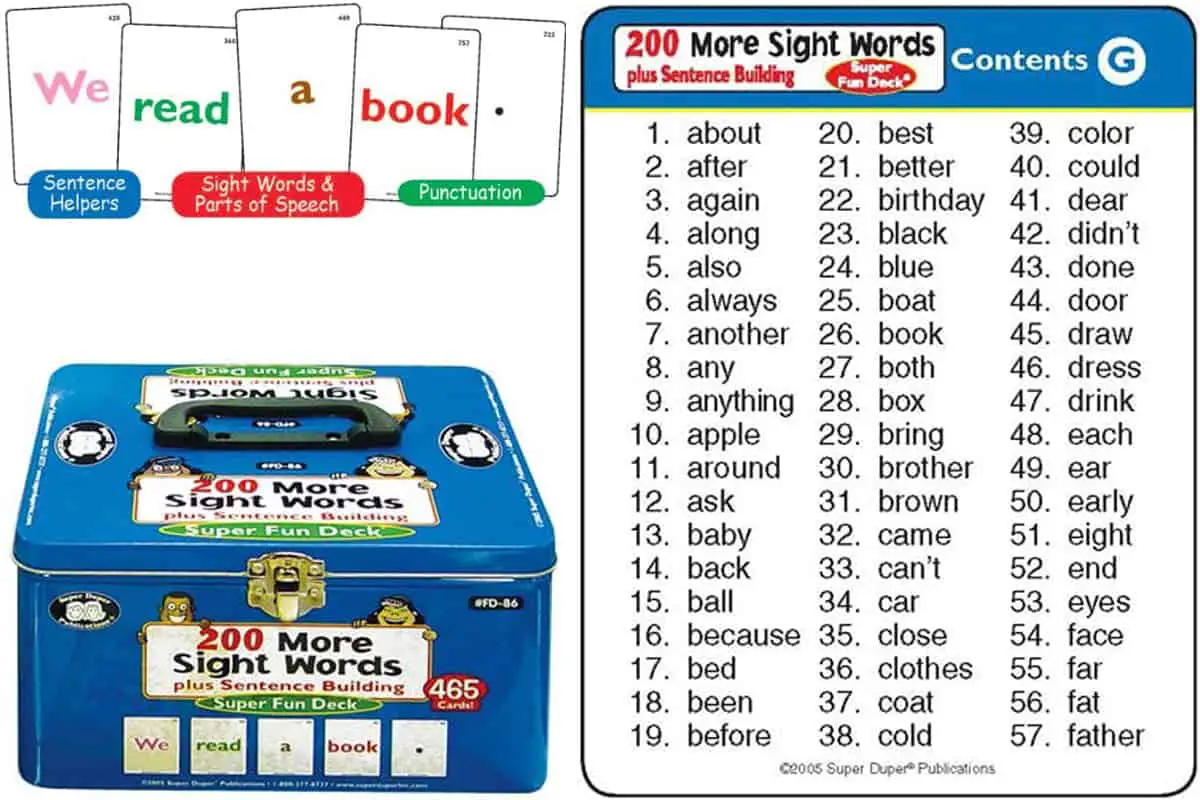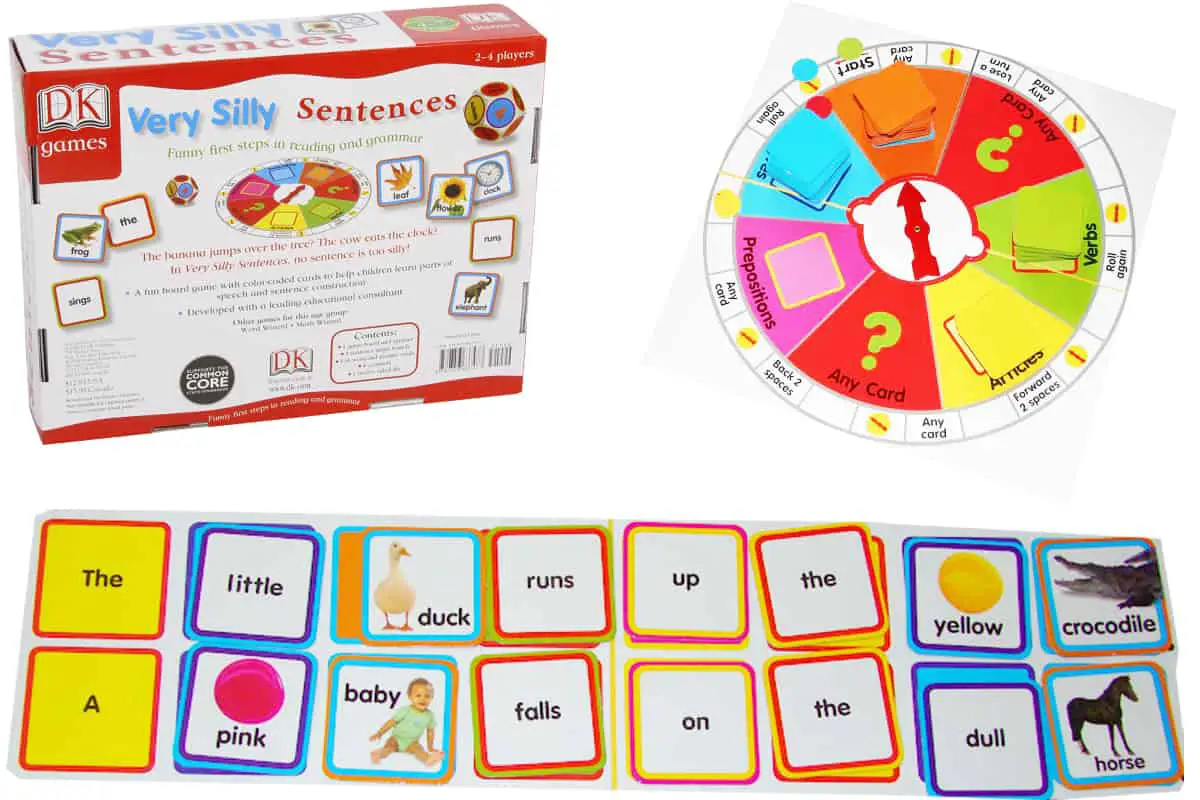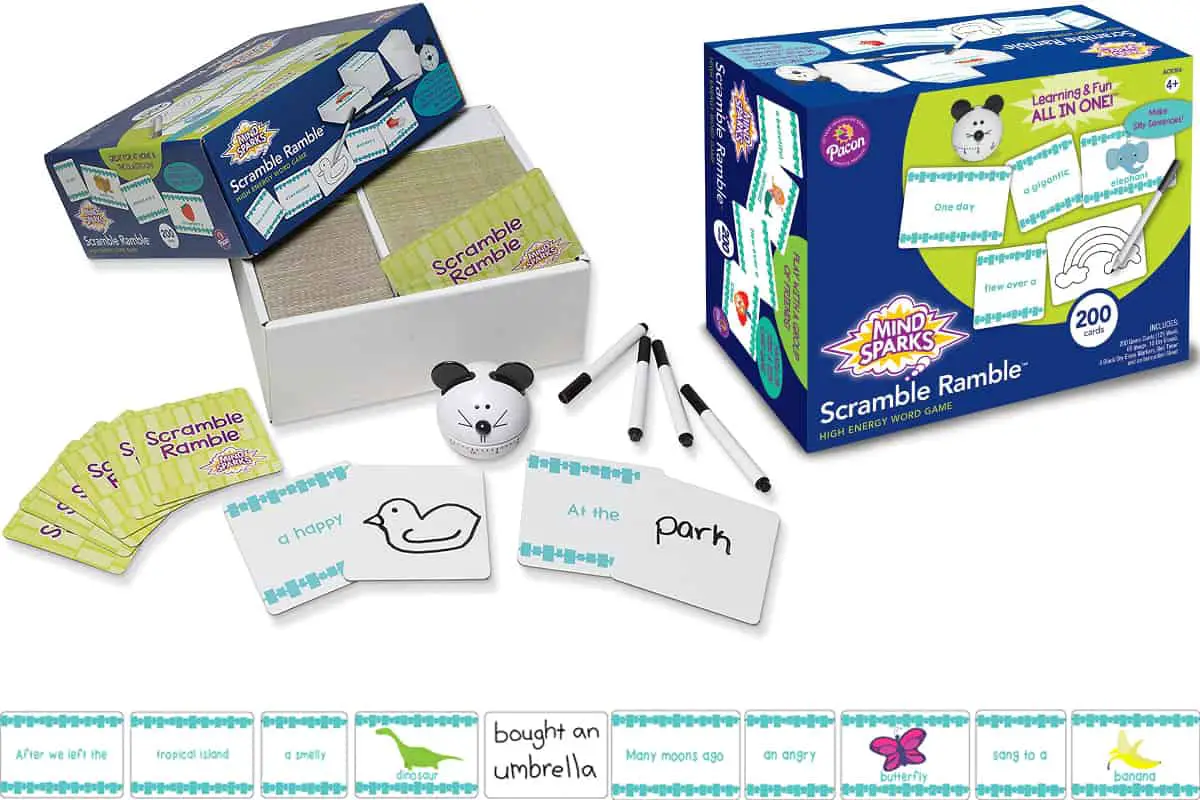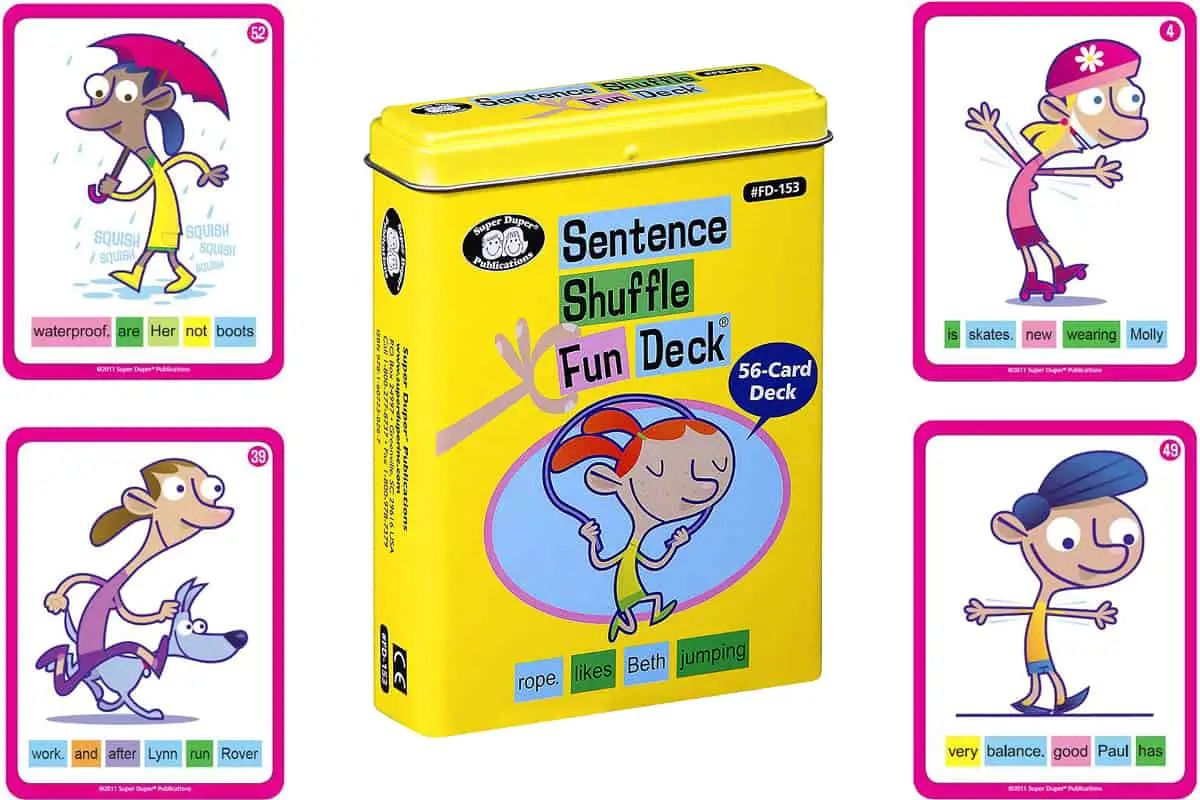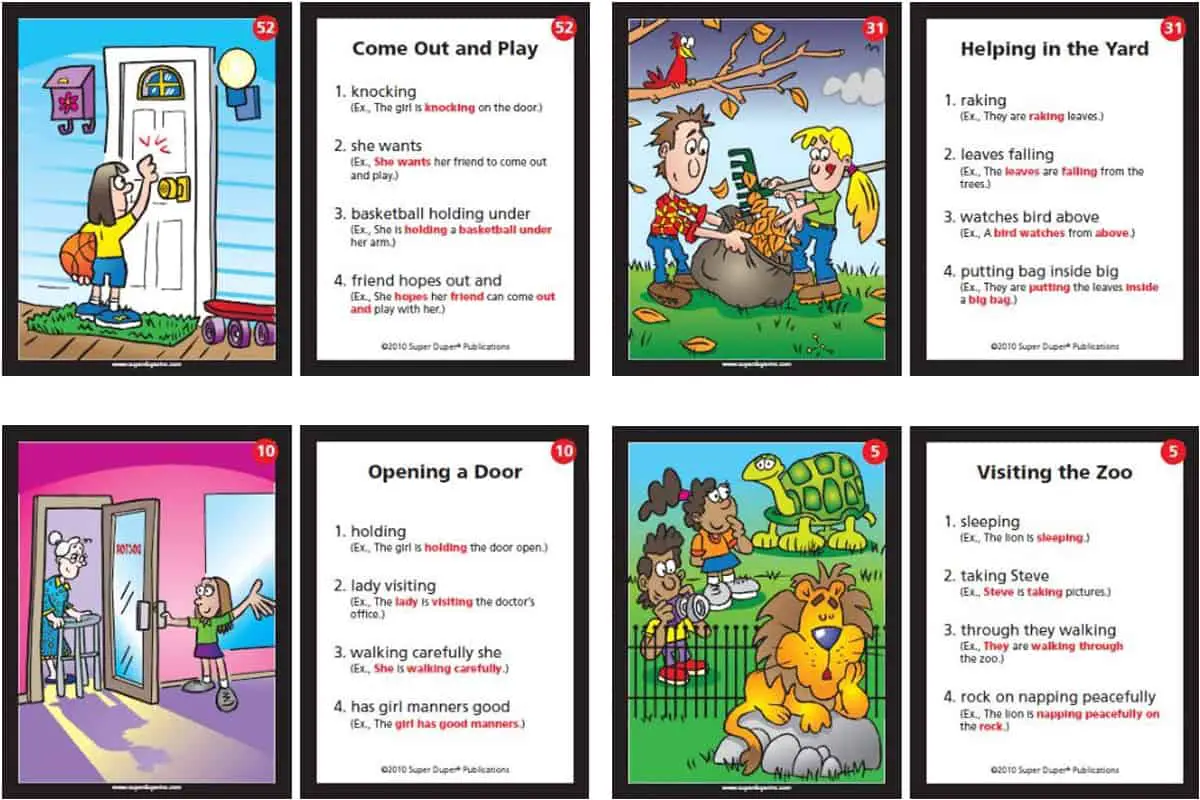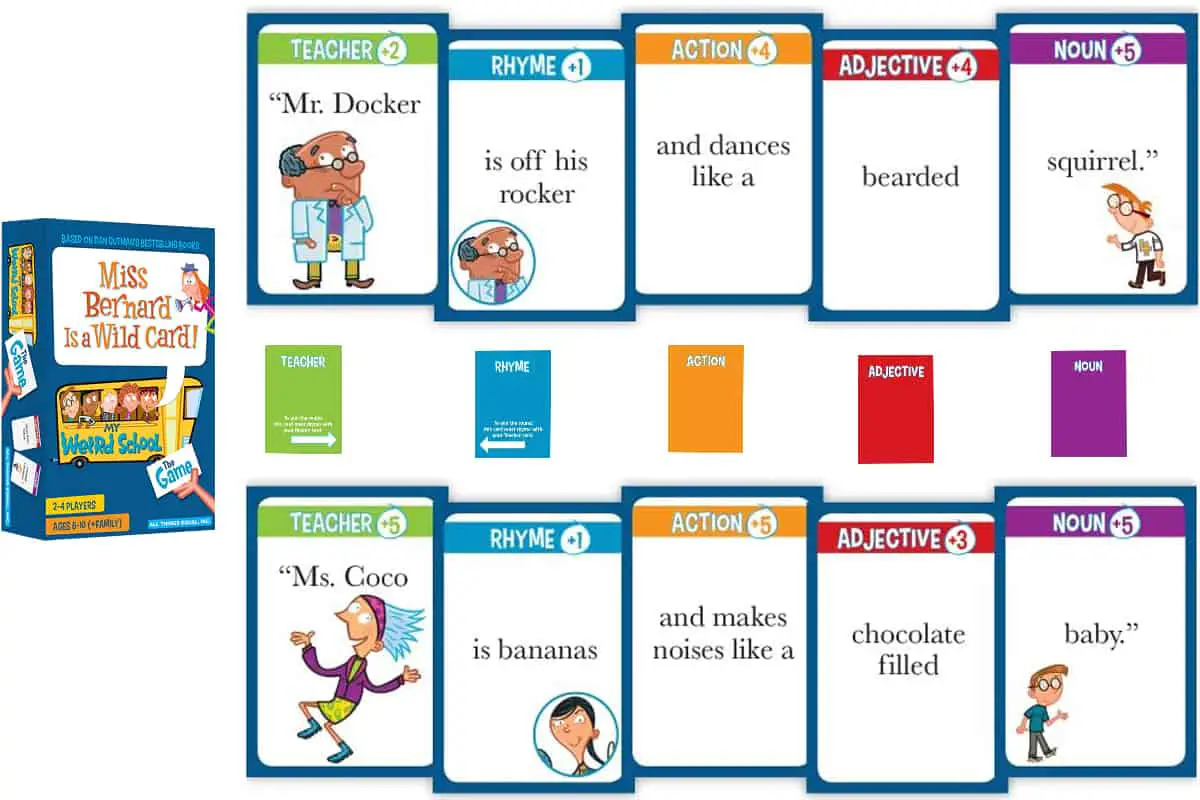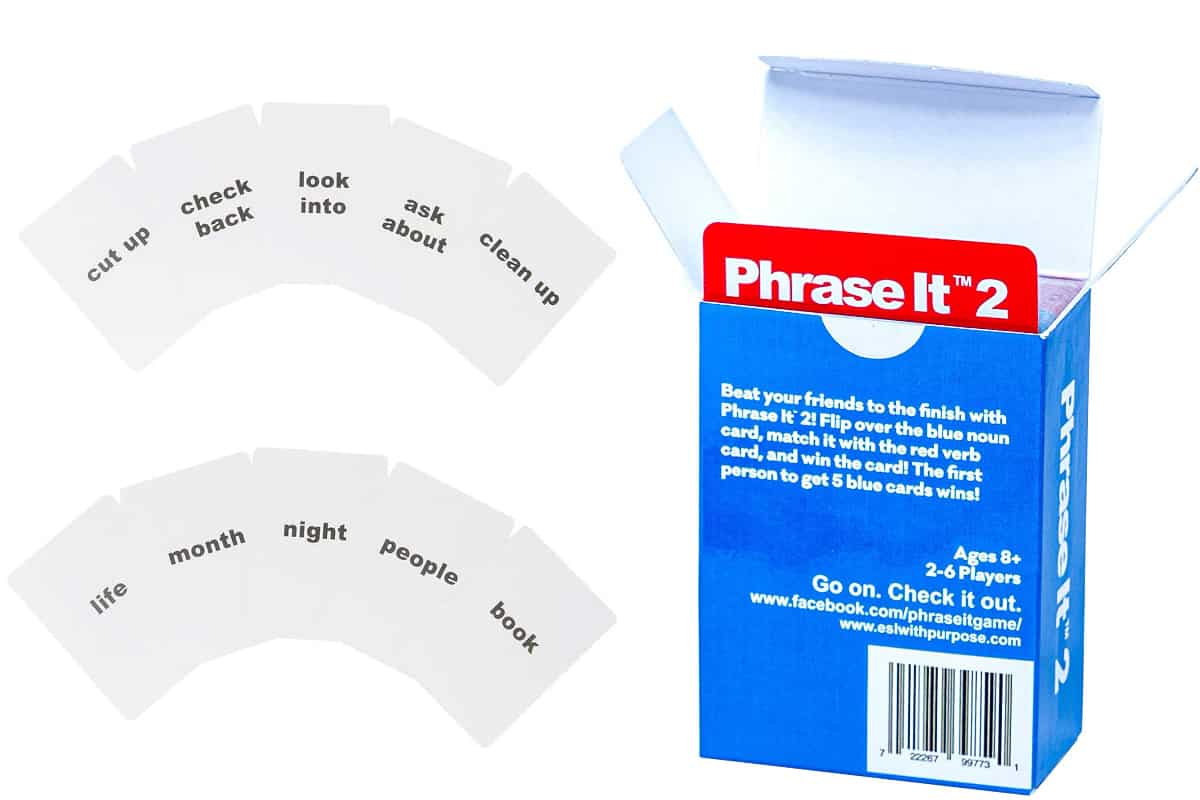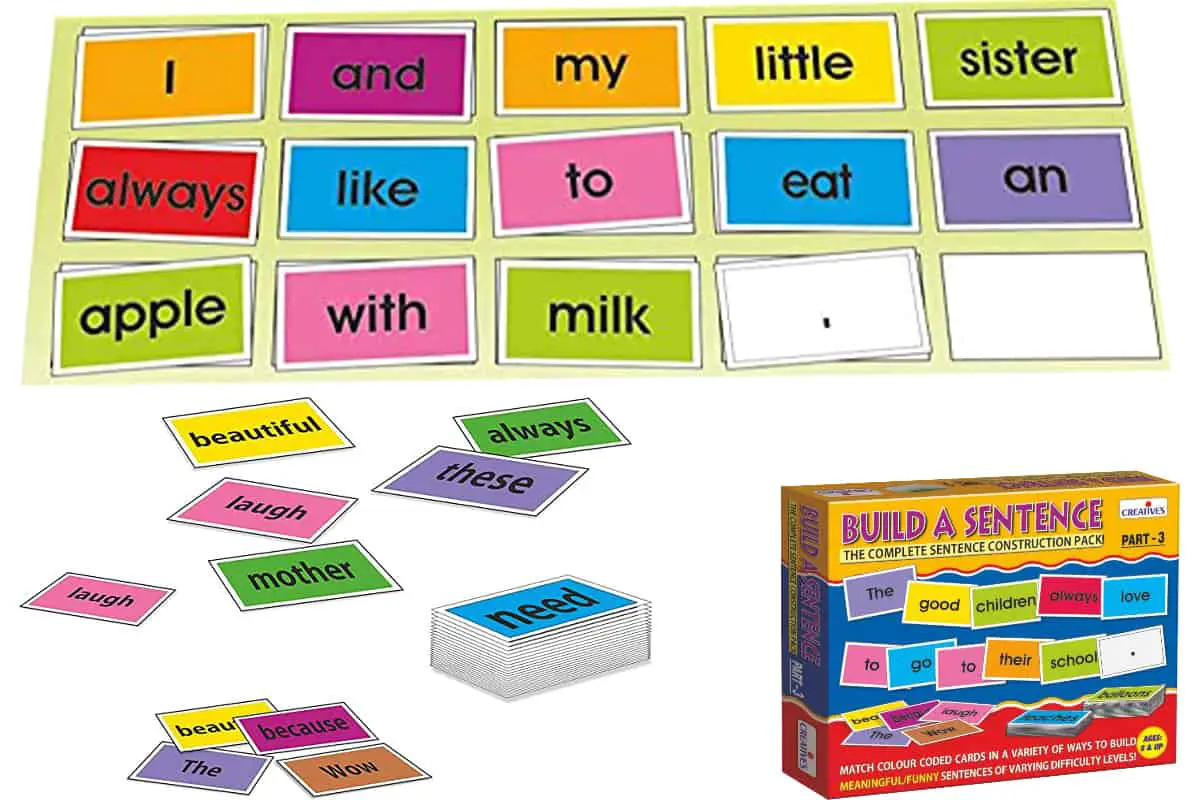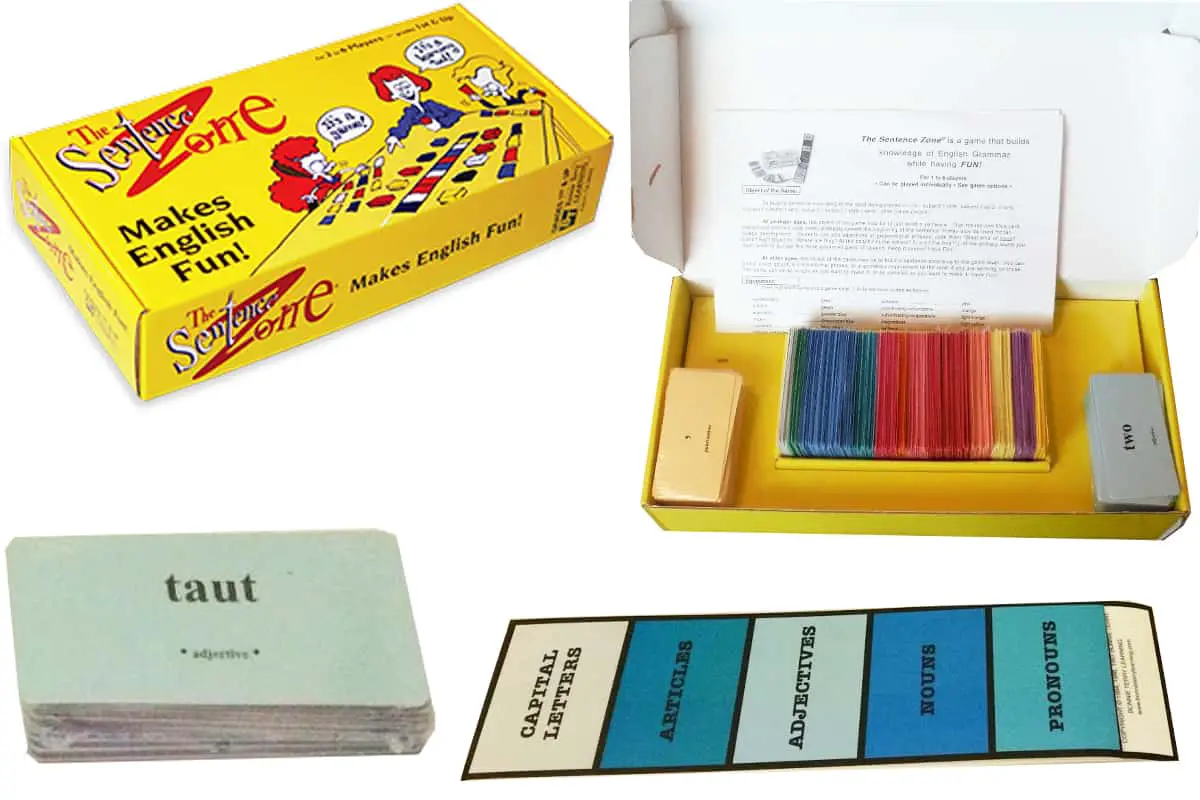A. Complete using the correct form of the words in the box.
course • court • pitch • ring • rink • track
1 We used to go skating at the ice ……………… every Saturday.
2 Keith had never seen such a large golf ……………… until he went to Scotland.
3 We all met at the basketball ……………… at half past three.
4 It’s called a boxing ………………, but it’s actually square!
5 For the 800 metres race, you have to run round the ……………… twice.
6 The football match had to be called off because the ……………… was flooded.
7 Our team ……………… until half time, but in the second half the other team ……………… three goals, and so they ……………… us. But it was a great match!
bat • stick • rod • racket
8 Adrian got a new fishing ……………… for his birthday.
9 Can I borrow your tennis ………………?
10 Why are hockey ……………… such a strange shape?
11 I’d spend hours putting linseed oil on my cricket ……………… to keep the wood strong.
Answers
1 rink 2 course 3 court 4 ring 5 track 6 pitch
7 was winning/scored/beat 8 rod 9 racket
10 sticks 11 bat(s)
B. Circle the correct word or phrase.
1 The umpire / referee blew the whistle and the most important football match I’ve ever played began.
2 We used to play rugby in the winter term, football in the spring term, and we’d do athletics / sport and swimming in the summer term.
3 Do you fancy a game / play of cards?
4 I only do magic tricks for fun. I’ve never thought of becoming an amateur / a professional magician.
5 The play was so boring, we walked out during half time / the interval.
6 Coventry City equalled /drew 3-3 with Sunderland in the match last Saturday.
7 Spectators / Viewers who watched last week’s programme will remember we were looking at the history of baseball.
8 We got through to the final / finale, but then lost to Cirencester.
9 Most people prefer films which have a happy end / ending.
10 Would all opponents / competitors please make their way to the starting line?
Answers
1 referee 2 athletics 3 game 4 professional
5 the interval 6 drew 7 Viewers 8 final
9 ending 10 competitors
C. Complete each second sentence using the word given, so that it has a similar meaning to the first sentence. Write between two and five words in each gap.
1 I don’t know how you can stand getting up so early to go to the pool. put
I don’t know how you can …………………………………… up so early to go to the pool.
2 I’ve finally started sorting out my postcard collection. round
I’ve finally …………………………………… sorting out my postcard collection.
3 What did you do at the weekend? get
What did you …………………………………… at the weekend?
4 I’m not so keen on skiing now I’ve discovered snowboarding. gone
I’ve …………………………………… since I discovered snowboarding.
5 Why do you continue to have riding lessons if you can’t afford them? on
Why do you …………………………………… riding lessons if you can’t afford them?
6 We can’t delay the match any longer. put
We can’t …………………………………… any longer.
Answers
1 put up with getting
2 got round to
3 get up to
4 gone off skiing
5 carry on having
6 put (off) the match (off)
D. Write one word in each gap.
1 Tony never used to want to join ……………… with the other kids in the playground.
2 Look ………………! There’s a car coming!
3 Simone’s ……………… to wearing a helmet whenever she goes cycling.
4 I was thinking of taking ……………… scuba diving until I found out how expensive the equipment is.
5 They were knocked ……………… in the semi-final.
6 Maybe we should bring the meeting ……………… to this Tuesday instead of having it in two weeks’ time.
7 Becca had to pull ……………… of the race when she sprained her ankle.
8 Melissa doesn’t ……………… in for adventure sports.
Answers
1 in 2 out 3 taken 4 up 5 out 6 forward 7 out 8 go
E. Choose the correct answer.
1 Why don’t you …………… a go? It’s not difficult!
A make B have
C do D set
2 Carl wasn’t very good at mountain climbing as he’s afraid of …………… .
A highs B highness
C heights D height
3 There’s little …………… of our getting into the final.
A opportunity
B chance
C luck D fortune
4 Rachel is mad …………… the Eurovision Song Contest.
A from B against
C for D about
5 Just …………… your best – that’s all anyone can ask of you.
A do B make
C be D have
6 It’s …………… time you learned to swim.
A big B tall
C high D far
7 Grandma …………… a lot of pleasure from gardening.
A does B has
C makes D gets
8 …………… your time – don’t rush.
A Tell B Find
C Spend D Take
9 Each player takes it …………… turn to roll the dice.
A on B in
C at D to
10 Time …………… so quickly when you’re doing something enjoyable.
A takes B spends
C passes D finds
11 Our new coach is popular …………… the whole team.
A for B to
C by D with
12 She’d …………… hours lying on her bed, reading.
A spend B take
C make D pass
13 He’d been planning to leave the team the …………… time, and hadn’t told anyone.
A complete B whole
C total D full
14 I’m not siding …………… her because she’s my sister, but because she’s right.
A from B for
C to D with
Answers
1 E 2 C 3 B 4 D 5 A 6 C 7 D
8 D 9 B 10 C 11 D 12 A 13 B 14 D
F. Match to make sentences.
1 I’m not very fond
2 She’s interested
3 You should concentrate
4 I used to find it difficult
5 Let’s listen
6 We stopped
7 The bad weather stopped us
A in playing for the school team.
B to find enough time to have any hobbies.
C to try to find the golf balls we’d lost.
D of playing in goal.
E from finishing the game.
F to what the coach thinks first.
G on getting fit.
Answers
1 D 2 A 3 G 4 B 5 F 6 C 7 E
G. Water has damaged part of this text about sport at school. Read it and decide what you think each of the original words was. Write the words in the blank spaces.
Sport at school
I used to wear glasses when I was at school, and so I (1) ……………… sport very difficult. I wanted to be involved (2) ……………… school sports competitions, and I loved the idea of teams competing (3) ……………… each other, but being on the rugby team, for example, (4) ……………… having to take off my glasses, and that meant (5) ……………… I couldn’t see! And it’s difficult (6) ……………… catch a ball when you can’t see it! So, I wasn’t very good and the captains always (7) ……………… sure that I wasn’t on their team. This meant I (8) ……………… free to do other activities, like being on the debating team, and actually I preferred to (9) ……………… things I was good at doing (10) ……………… than have everyone laugh at me.
Answers
1 found 2 in 3 against/with 4 involved/meant
5 that 6 to 7 made 8 was 9 do 10 rather
H. Complete the sentences by changing the form of the word in capitals when this is necessary.
1 I need to buy a new pair of ……………………. (TRAIN).
2 Ellie used to ……………………. (PRACTICE) for hours to learn to juggle properly.
3 That was the most ……………………. (INTEREST) book I’ve ever read. I can’t wait for the sequel!
4 Would you describe yourself as a ……………………. (COMPETE) person?
5 Many professional basketball players earn a ……………………. (FORTUNE) these days.
6 F.A. stands for Football ……………………. (ASSOCIATE).
7 The gold, silver and bronze ……………………. (MEDAL) took their places on the podium for the presentation ceremony.
8 In Britain, the money parents give their children is often called pocket money. In America, it’s often called an ……………………. (ALLOW).
9 I’m afraid the swimming pool is closed at the moment as they’re carrying out some essential ……………………. (MAINTAIN).
Answers
1 trainers 2 practise 3 interesting 4 competitive
5 fortune 6 Association 7 medallists 8 allowance
9 maintenance
I. Use the word given in capitals to form a word that fits in the gap.
A snooker player speaks
When I first started playing snooker, I had no real (1) ……………………. (KNOW) of the rules. I just thought it looked an (2) ……………………. (ENJOY) game. Also, I didn’t need to buy any expensive (3) ……………………. (EQUIP) because the snooker hall near my house had tables and cues. I spent (4) ……………………. (PRACTICAL) all the free time I had practising, and then decided to enter a (5) ……………………. (COMPETE). It was great fun! My (6) ……………………. (OPPOSE) was someone who’d been playing for years. Of course, he beat me, but the fact that I’d (7) ……………………. (LOSE) didn’t put me off at all. And, (8) ……………………. (FORTUNE), my game improved enough for me to become a professional snooker player three years ago.
Answers
1 knowledge 2 enjoyable 3 equipment
4 practically 5 competition 6 opponent
7 lost 8 fortunately
Related Posts
- Practice English Vocabulary B2 Exercises – Vocabulary Test 2
- Practice English Vocabulary B2 Exercises – Vocabulary Test 1
- Practice English Vocabulary B2 Exercises – Vocabulary Review 14
- Practice English Vocabulary B2 Exercises – Vocabulary Review 13
- Practice English Vocabulary B2 Exercises – Vocabulary Review 12
- Practice English Vocabulary B2 Exercises – Vocabulary Review 11
Автор: Бурта Данута Михайловна
Учебное заведение: ГУО «Средняя школа №14 г.Солигорска»
Краткое описание работы: Present Simple Passive
Дата публикации: 2020-05-22
Загрузка…
Упражнение 3 . Choose the correct form of the verb in brackets to complete the sentences.
- I … (like / am liked) this place.
- What books by Charles Dickens … (translated / are translated) into Belarussian?
- Who … (protects / is protected) animals?
- This city … (is visited / visited) by many people.
- Who … (gives / is given) bad marks in your class?
- Our house … (made /is made) of wood.
- Our holiday … (is begun / begins) next week.
- Pupils … (are given / give) textbooks by the teacher.
- The holiday … (celebrated / is celebrated) every year.
Упражнение 5. Put the passive sentences in order.
- in a lot of schools / are / used / Computers
- of plastic / made / are / CDs
- seen / The information / on a screen/can be
- are / very quickly / The answers / calculated
- played / The game / is / on a computer
- with a modem / are / sent / E-mails
- is / on a disk / Information / stored
- sent / Text messages / are / using mobile phones
- to get information / used / is / The Internet
Упражнение 6. Respond to the situations with a negative sentence using the words and word combinations in brackets.
Example:
Cars are made at this factory, (bicycles)
— But bicycles are not made at this factory.
- Bread is sold in this shop, (milk)
- Our house is built of wood, (their house)
- My books are kept on the shelf. exercise-books )
- My younger sister is usually given fruit and milk for supper, (my elder brother)
- Apples are grown in Belarus, (oranges)
- Glass is made of sand, (paper)
- My dresses are made by my mother, (jackets)
- Films are watched by many people, (sports programmes)
- This apple-tree is planted by me. (that cherry-tree)
- All the words are always learnt by the pupils. (rules)
Упражнение 8. Ask for more information about the sentences using the words in brackets.
Example:
The children are left after the lessons.(why)
— Why are the children left after the lessons?
- The game is won by our school team, (what game)
- The map is brought from England, (when)
- My books are not kept on the shelf, (why)
- School meetings are held every month, (where)
- The glass is filled with something, (what)
- Hockey is usually played by boys, (when)
- Oranges are not grown in Belarus, (why)
- The dinner is not yet served, (why)
- New rules are explained at the lesson, (by whom)
Ответы
Упражнение 3.
1 like, 2 are translated, 3 protects, 4 is visited, 5 is given, 6 is made, 7 begins, 8 are given, 9 is celebrated
Упражнение 5.
- Computers are used in a lot of schools.
- CDs are made of plastic.
- The information can be seen on the screen.
- The answers are calculated very quickly.
- The game is played on a computer
- E-mails are sent with a modem.
- Information is stored on a disk.
- Text messages are sent using mobile phones
- The Internet is used to get information.
Упражнение 6.
- But milk is not sold in this shop.
- But their house is not built of wood.
- But my exercise-books are not kept on the shelf.
- But my elder brother is not usually given fruit and milk for supper.
- But oranges are not grown in Belarus.
- But paper is not made of sand.
- But my jackets are not made by my mother.
- But sports programmes are not watched by many people.
- But that cherry-tree is not planted by me.
- But all the rules are not always learnt by the pupils.
Упражнение 8.
- What game is won by our school team?
- When is the map brought from England?
- Why are my books not kept on the shelf?
- Where are school meetings held every month?
- What is filled with something?
- When is hockey usually played by boys?
- Why are oranges not grown in Belarus?
- Why is the dinner not served yet?
- By whom are new rules explained at the lesson?
Просмотреть свитедельство о публикации
This post contains affiliate links.
Sentence building card games make children more excited to learn about the topic and better master vocabulary, spelling, punctuation, and putting thoughts together in a coherent way. Those are essential skills since 73% of employers
I found nine sentence building card games, which can be divided in
- Kindergarten games such as Scramble Ramble
- Elementary school games like Miss Bernard is a Wild Card
- Scramble Ramble, which can be used up to high school and uses the Strategic Instruction Model (SIM) Sentence Writing Strategy
Sentence Building Card Games Comparison Table
These nine card games for sentence building help children of all ages master the ability to construct different types of sentences. They’re easy to use and provide great support for lessons about sentence building.
| Game | Age | Players | Price | Rating |
200 More Sight Words Plus Sentence Building |
3‑6 | 2-4 | $$$ | ★★★☆☆ |
Very Silly Sentences |
3‑5 | 2-4 | $$ | ★★☆☆☆ |
| Scramble Ramble | 4‑8 | 2+ | $$ | ★★★★☆ |
Sentence Shuffle Fun Deck |
6+ | 2-4 | $$ | ★★★★☆ |
Miss Bernard is a Wild Card |
6‑10 | 2-4 | $$ | ★★★★★ |
The Sentence Zone |
6+ | 2-6 | $$$$ | ★★★★☆ |
Sentence Building Fun Deck |
7+ | 2-4 | $$ | ★★★★★ |
Phrase It 2 |
8‑12 | 2-6 | $$ | ★★★☆☆ |
Build a Sentence Part 3 |
8+ | 2-4 | $$ | ★★★☆☆ |
Sentence Building Card Games for Kindergarten
200 More Sight Words Plus Sentence Building (Super Duper Publications)
★★★☆☆
2‑4 players | Age 3‑6 | CCSS Grades: PreK‑K2 | Price $$$
This Super Duper Publications game

- 200 sight words
- 22 sentence helper cards (A, Our, Please, …)
- 4 punctuation marks
- 92 adjectives
- Nouns, pronouns, verbs, adverbs, prepositions, articles, and conjunctions
This game is the sturdy metal container that houses the cards and the number of cards enables to cover a wide vocabulary. And the color coding enables to sort the cards and introduce the children to parts of speech.
There are two drawbacks with “200 more sight words” though:
- These are “just” flashcards, there are no rules to make this “game” fun
- The cards only have words. Children at the PreK level, or language delayed children in particular benefit more from cards that have both pictures and words (for concrete words) since they’re better able to associate the words with things they can visualize.
Very Silly Sentences (DK Toys & Games)
★★☆☆☆
2-4 players | Age: 3-5 | CCSS Grades: PreK-K1 | Price $$
This sentence-building game
The premise of the game is good, but its construction is poor (quality of the dice and the game pieces). Furthermore, many of the completed sentences are grammatically incorrect. It can be OK at home but not at school.
Scramble Ramble Word Game (Mind Sparks)
★★★★☆
2+ players | Age: 4-8 | CCSS Grades: K1-Grade 2 | Price $$
Mind Sparks’ Scramble Ramble Word Game
There are 200 cards:
- 125 with words only (generally 2 to 4 words)
- 65 with a word and an image
- 10 dry-erase cards
The game also comes with a timer and four dry-erase markers.
The principle of the game is to draw 10 to 15 cards and rush (either alone or by teams) to build a complete sentence with the cards, starting with a card that starts with a capital letter (the first to create a sentence wins). If you draw a dry-erase card, you can use it to write or draw a word on it and use it in your sentence. In the classroom, you can hide the cards.
The dry erase boards and timer make this game easily adaptable for an array of playing scenarios. Also, the choice of sentence bits that are written on the cards is carefully chosen to enable players to build grammatically correct sentences.
The readability of the cards could be improved though.
Sentence Building Card Games for Primary School
Sentence Shuffle Fun Deck Flash Cards (Super Duper Publications)
★★★★☆
2-4 players | Age: 6+ | CCSS Grades: 1-4 | Price $$
Super Duper Publication’s Sentence Shuffle game
Parts of speech are color-coded (8 colors for nouns, articles, verbs, adverbs, pronouns, prepositions, adjectives, and conjunctions). Each of the 56 cards contains a shuffled phrase with an illustration. An answer key accompanies this game since there are set answers.
This makes it easy for parents and teachers to track a child’s sentence building progress and enables them to start playing quickly (no preparation time).
But it hinders the child’s imaginative thinking, and there is no manipulation of the cards. Many of the other sentence building card games mentioned in this article allow players to create their own sentences since each card has a single word (or several words) instead of a phrase. I also regret that there are not several levels of difficulty.
My advice would be to mix both approaches (and therefore use two different games), as you do want children to be creative, but the task of putting words in the right order to make a sentence makes real sense.
Sentence Building Fun Deck (Super Duper Publications)
★★★★★
2-4 players | Age: 7+ | CCSS Grades: 2-5 | Price $$
This sentence building card game
The game consists as the core rule to ask students to create sentences from the prompts using all the 1 to 4 words of the prompt (they might not be in the right order). 4 other ideas are proposed:
- Story builder: each player draws a card, writes a story, and reads eat to the other players.
- Circle stories: a card is drawn. Each player at their turn has to say a sentence that must add more information or complete the story that the preceding players have started. This is a very good rule for collaboration (you have to add to what the others have already built) and is similar to theater play improvisation techniques
- Student sentence building: Each player has to create a card just like in the games, with its title, illustration and the 4 sentence prompts
- Magazine sentence builders: teacher create additional cards by cutting magazine images
The game can be played with students in grades two and three for the simpler prompts, and is best suited for students in grades four and five for more complex prompts, and for the “story builder” and “circle stories” rules. Students will have to rearrange some of the sentence prompts, and include their own words, in order to create appropriate sentences.
Miss Bernard is a Wild Card (All Things Equal)
★★★★★
2-4 players | Age: 6-10 | CCSS Grades: 1-4 | Price $$
Students will have a blast creating funny sentences using Miss Bernard is a Wild Card
As with “Scramble Ramble”, the 110 cards contain either one word or several words (a small piece of a sentence). The cards are much better illustrated though, the sentence groups funnier, and the rhyming adds even more fun to the game, making it a real game while “Scramble Ramble” feels more like an exercise formatted into a game.
“Miss Bernard is a Wild Card” provides real surprises when building the sentences, which makes it a great family game. Wild Cards are included and they can unexpectedly change the course of the game. It’s a game the entire family can enjoy! Your children won’t even realize they’re learning sentence building because they’re having so much fun.
Teachers will discover that this game is also relevant in the classroom. You can even add a bit of challenge to see which team can come up with the craziest sentences.
Phrase It 2 (ESL with purpose)
★★★☆☆
2-6 players | Age: 8-12 | CCSS Grades: 3-6 | Price $$
Phrases are the focus of Phrase It

The game contains commonly used words to help build your student or child’s basic English vocabulary. It would be great if the game helped students build complete sentences instead of phrases. Regardless, it’s still important for children to learn the difference between phrases and sentences, as well as how phrases can be combined to create complete sentences.
Build a Sentence Part 3 (Creative’s)
★★★☆☆
2-4 players | Age: 8-12 | CCSS Grades: 3-6 | Price $$
Creative’s Build A Sentence Part 3
I regret though that this is more a tool than a game.
Sentence Building Card Games for Middle School and Up
The Sentence Zone (Bonnie Terry Learning)
★★★★☆
2-6 players | Age: 6+ | CCSS Grade: 1+ | Price $$$$
Of all the games on this list, Bonnie Terry’s Sentence Zone game
Bonnie Terry’s sentence-building game follows the same approach as the “sentence writing strategy” from the Strategic Instruction Model (SIM)
A Few Quick Tips about Using Sentence Building Games
- The best way to use these sentence building card games is as reinforcement after the lesson has been taught.
- How often you play a sentence building game with your child depends on how much support your child needs and how interested your child is in the game. Play these games too much and your child will lose interest. I would recommend closely assessing your child’s and playing a variety of sentence building games if your child needs continuous support.
- Sentence building card games aren’t your only options. You could also try sentence building board games.
Edudingo.com is a participant in the Amazon Services LLC Associates Program, an affiliate advertising program designed to provide a means for sites to earn advertising fees by advertising and linking to Amazon.com. We also participate in other affiliate programs which compensate us for referring traffic.

